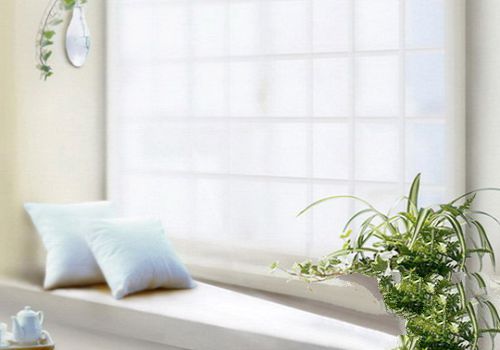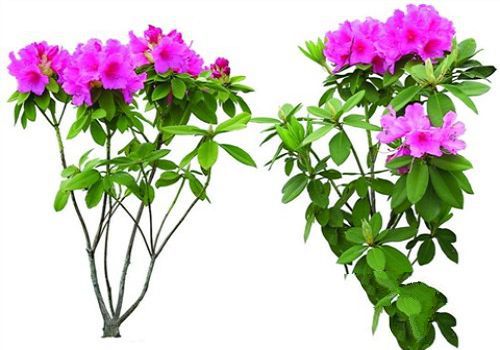Overwintering and cold prevention of balcony flowers

With the increasing population density in modern cities, multi-storey buildings and high-rise buildings with complete functions create a comfortable living environment for people. Adjust measures to local conditions, use the balcony to grow flowers, can give people the enjoyment of beauty. Moreover, the balcony flowers along the street directly constitute a scenic line of the city, which is beneficial to weakening the voice, preventing pollution, adding interest to life, purifying and beautifying the city and so on.
Here we mainly talk about some maintenance knowledge of balcony flowers in winter. There are two types of modern residential balconies: one is to seal them up when they are built, such as most high-rise buildings and a few multi-storey buildings. The other is not closed, such as most multi-storey buildings are still open balconies.
(1) the cold protection of flowers on the closed balcony. In winter, the closed balcony can play the role of greenhouse, has a certain role of heat preservation and warming. Some warm-loving medium-temperature flowers can not survive the winter safely outdoors, while the tomb on the closed balcony is not damaged by frost. Therefore, such as asparagus, hanging bell begonia, four seasons begonia, gentleman orchid, crab claw orchid, epiphyllum, rhododendron, cyclamen, hanging orchid, Michelia, cycad and some foliage plants can survive the winter safely on the closed balcony.
(2) the cold protection of flowers on open balconies. The open balcony has the advantages of fast air circulation, large evaporation and low air relative humidity. In winter, due to the northerly wind, and the wind is also strong, whether it is the north balcony or the south balcony, even if the local flower varieties that can usually survive the winter in the open field, they still need to be properly protected against cold on the open balcony, especially in the north of the Yangtze River. The Nanyang platform of multi-storey buildings is mostly open, because of its leeward to the sun, the frost injury or cold injury of flowers is far less prominent and serious than the north balcony, so flowers are generally placed on the south balcony in winter. Some of the more hardy flowers, as long as they are slightly managed in the south balcony, can usually survive the winter safely, such as woody rose, southern bamboo, Michelia, gardenia, longevity peach, spring, wax plum, begonia, sweet-scented osmanthus, pomegranate, plum blossom, peony, kumquat, herbs and perennial roots such as chrysanthemum, evening fragrant jade, tulip, orchid, canna, Zhu Dinghong and so on. But the open balcony is windy, the air humidity is small, and the basin soil is very easy to dry, so the selected flower varieties should adapt to this environment and should be resistant to drought and low temperature. It is necessary to pay close attention to the dry and wet changes of the basin soil. It is not possible to water the basin soil too frequently, even if it is not watered at all. Some varieties in the dormant period can be watered less, and some evergreen varieties can appropriately increase the number of watering, or they can often spray water on the leaves. Flowers with bulbs, bulbs and perennial roots are more drought-tolerant and can be watered less, such as Zhu Dinghong, tulips, canna, iris, peony, auspicious grass, evergreen, carnation, chrysanthemum and so on. However, in case of cold wave attack, preventive measures still need to be taken. A simple thermal insulation frame can be built temporarily on the balcony, covered with plastic film outside the frame, and double-layer plastic film can be used in the north of the Yangtze River. You can also use plastic film to jade the whole potted flowers to achieve the effect of heat preservation and cold protection. In addition, some warm-loving flowers can be temporarily moved indoors to prevent frost damage.
Related
- What if the leaves of potted flowers turn yellow?
- Florescence Control of several Flowers
- Anti-freezing technology and post-freezing nursing technology of flowers
- What is the classification of flowers? What are the common methods of flower classification?
- Prevention and control of alkali and acid damage of flowers in courtyard
- Technology of Anti-freezing and restoring growth of Flower seedlings in greenhouse and greenhouse
- How does flower fertilization not hurt the root? Fertilization technology of flowers
- Key points of disinfection in flower greenhouse
- Several pesticides that are banned or used cautiously in flowers
- How to fertilize the flowers that watch the leaves?



